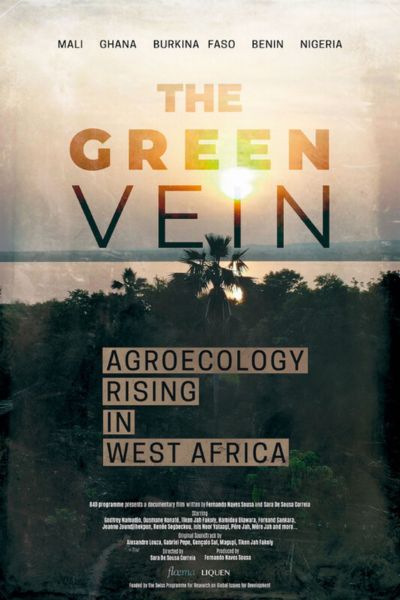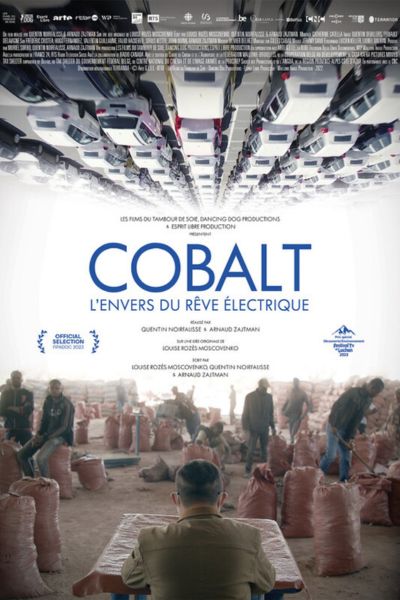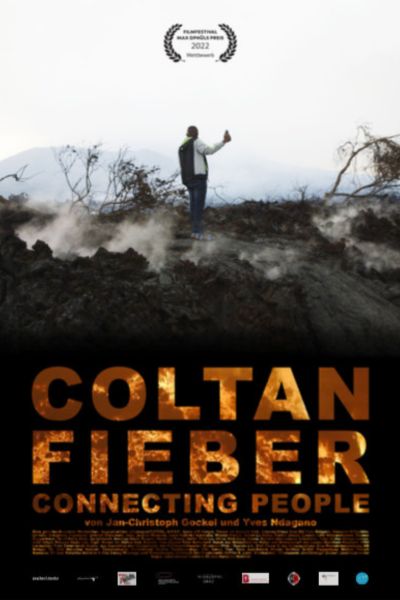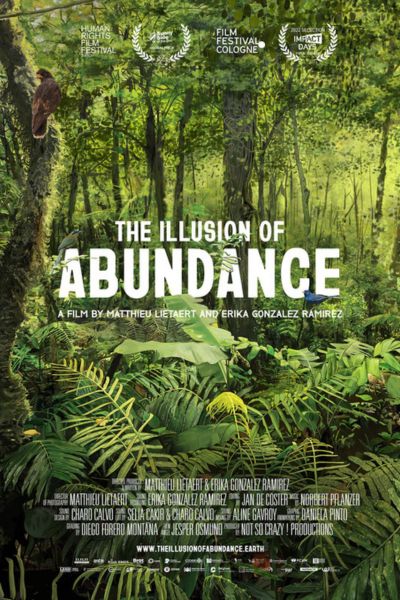Lobola, A Bride’s True Price?
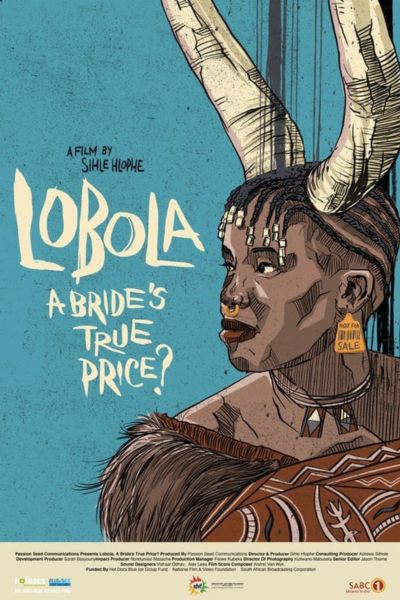
Title: Lobola, A Bride’s True Price?
Directed by
Sihle Hlophe
Country: South Africa
Duration: 1hr 35 mins
SYNOPSIS
March 2014. Filmmaker Sihle Hlophe has just gotten engaged. A few days later, her father passes away. Sihle is in a serious fix – who will receive the Lobola now that her father is no more? Sihle respects Lobola but she has reservations about the transactional, patriarchal and heteronormative elements of the practise. In an effort to learn more about Lobola before making her final decision, Sihle attends the Lobola ceremonies of three other couples. Couple No.1 is a Zulu couple from Katlehong, Gauteng. The negotiations are almost halted when the groom’s family fails to raise the amount requested by the bride’s family. Couple No. 2 is from Tokoza, Gauteng. The groom is Tsonga and the bride is Sotho. Their cultures collide during the negotiations, making it abundantly clear that they have different understandings of what Lobola is and how it should be conducted. Couple No.3’s wedding took place in Eastern Cape but they’re based in Kwa Zulu Natal. The bride is Xhosa and the groom is Zulu. Even though the bride’s father passed away 20 years ago, he was honoured as if he was alive during the proceedings. Sihle also visits a same-sex couple who’ve been married for 14 years. They were the first couple to get married under the Civil Union Act in 2006. They’re deeply rooted in African Spirituality so it was imperative for them to go through the Lobola process too. After years of vacillating, Sihle comes to an important realisation – Lobola is not just about uniting two families. It is also about honouring the ancestors of those two families. What will her final decision be? Will she turn her back on Lobola or will she embrace it?
Directors’ Bio

Sihle Hlophe
Sihle Hlophe is a SAFTA-winning filmmaker and a multi-degree earner. Over the last 12 years, her work has been recognised with a number of accolades including an Africa Movie Academy Award nomination for Best Documentary film. Hlophe is an alumni of the prestigious IDFAcademy (the Netherlands), the North-South-South Student Exchange Program (Finland) and the Hot Docs Blue Ice Group Story Lab (Canada). Hlophe’s latest documentary film, “Lindela Under Lockdown” (2020), was the winner of the Best Documentary Award at the Cameroon International Film Festival 2021 and it was also nominated for the Best Documentary Award at the Africa Movie Academy Awards 2021. Hlophe recently directed a feature-length Showmax Original film titled “Pearls Of Wisdom”. Hlophe is also the director of “African Dreams”, a 13 part mocku-series that premieres on SABC 1 in October 2021. Hlophe is the co-producer of ‘Sadla’ (2020), the first narrative film by a black South African filmmaker to premiere at the Sundance Film Festival (USA). Hlophe has written and directed two award-winning narrative short films that have been screened at over 40 film festivals around the world. She is the producer and director of a feature length documentary, “Lobola, A Bride’s True Price” (Most Outstanding Documentary Project, Durban Film Mart, 2017); due for release in 2021. Over the years, she has worked as a scriptwriter and storyliner on award winning TV shows such as “Lockdown”, “Scandal”, “Mutual Friends” and “Broken Vows”.
Director's Statement
Lobola is a cultural practice that unifies the families of two individuals who want to get married and their respective ancestors. Lobola is practised in most African countries however it is sometimes incorrectly referred to as ‘dowry’. The practice involves several steps. The most contested one is when the groom pays the ‘bride price,’ in the form of livestock, money or both, to the family of the bride-to-be. The value of the bride price differs from family to family and in some cases, factors such as age, level of education and family background can be used as determining factors. Bride price demonstrates that the groom knows her worth and for the bride, it signifies that she is fully accepted by her in-laws. During the negotiation process, there are robust discussions between the newly acquainted in-laws; this is considered a bonding exercise.
Paying ‘bride price’ seems like a sales transaction however it must be borne in mind that the bride’s family use some of the money to pay for the wedding expenses. The practice is also largely heteronormative. Lobola is a topical subject and this documentary could not have come at a better time. The rise of South African reality television shows such as “Our Perfect Wedding” and “Umshado Wesintu”, have created renewed interest in the topic. With fewer African millennials choosing to get married, the relevance of Lobola is being debated fiercely. From Youtube videos to blogs and podcasts, online articles and social media groups, lobola is all the buzz. Popular culture has also been quick to catch on – there is a lobola app, a lobola wine, a lobola blanket… the list goes on and on. In addition to this, there is the legislative element, which will be explored through the unpacking of the Recognition Of Customary Marriages Act Of 1998.
More films
The Green Vein
For centuries, the great empires of West Africa were fed by rivers like the Volta or the Niger – their blue veins
Cobalt Rush, The Future of Going Green
The world of tomorrow depends on a strategic mineral needed for batteries: cobalt, which is mainly found in the Congolese soil
Coltan Fieber
Yves Ndagano, a former child soldier and laborer, returns to the places where he was abducted at the time
The Illusion of Abundance
Despite a deeply unbalanced game, Maxima, Bertha and Carolina share a common goal: they are leading today’s environmental fight against modern corporate conquistadors.

